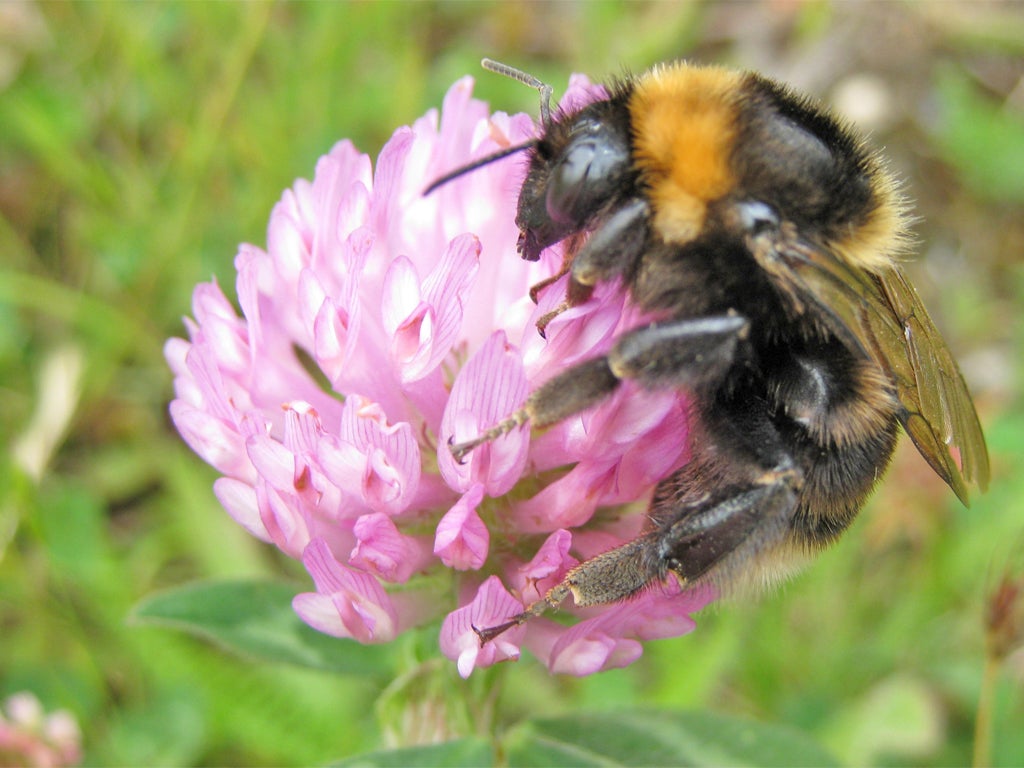
Your support helps us to tell the story
From reproductive rights to climate change to Big Tech, The Independent is on the ground when the story is developing. Whether it's investigating the financials of Elon Musk's pro-Trump PAC or producing our latest documentary, 'The A Word', which shines a light on the American women fighting for reproductive rights, we know how important it is to parse out the facts from the messaging.
At such a critical moment in US history, we need reporters on the ground. Your donation allows us to keep sending journalists to speak to both sides of the story.
The Independent is trusted by Americans across the entire political spectrum. And unlike many other quality news outlets, we choose not to lock Americans out of our reporting and analysis with paywalls. We believe quality journalism should be available to everyone, paid for by those who can afford it.
Your support makes all the difference.The Government has been accused of failing to act on increasing evidence of the environmental damage done by "nerve-agent" pesticides, after France banned a pesticide product still widely in use by British farmers on their crops.
Cruiser OSR, which contains the neo-nicotinoid insecticide thiamethoxam, was banned for use on rapeseed by the French Ministry of Agriculture. Two studies, published earlier this year, have strongly suggested a link between the increased use of neonicotinoid pesticides and global declines in the populations of pollinating insects, including bees, which play a vital role in agriculture and international food security.
The Department of Environment, Food and Rural Affairs (Defra) is investigating the evidence in the separate studies – one by British scientists from the University of Stirling and the second by France's National Institute of Agronomic Research.
However, Caroline Lucas MP, leader of the Green Party, said that Defra was guilty of "stalling" in the face of mounting evidence of the pesticides' harmful impact.
"The welcome decision by the French Government to ban the Cruiser OSR pesticide following definitive research exposing the risk to bee colonies from neonicotinoids clearly emphasises our own government's shocking failure to act on this threat," Ms Lucas said. "The department must now stop stalling and bring in an outright ban on both lethal and non-lethal doses of neonicotinoids before irreparable damage is done to our ecosystem."
Bee decline is a serious threat to global agriculture because of the insects' vital role in pollination. Both bumble bee and honey bee populations have declined dramatically in recent decades. Although precise figures for insect populations are difficult to project, a UN report said last year that the phenomenon known as Colony Collapse Disorder – the disappearance of worker bees – had become a global problem.
Neonicotonoid pesticides, which are used on 30 per cent of British cropland, disrupt the nervous systems of pest insects such as aphids but also affect non-target species such as bees. Large doses can kill bees, but the French study, backed by France's food safety agency Anses, showed that exposure to non-lethal amounts affects bees' homing ability, putting colonies at risk of collapse.
A Defra spokesperson said the UK had a "robust" pesticide safety policy. "We are assessing recent studies on neonicotinoids and will report our findings very shortly," the spokeswoman said. "The UK has a robust system for testing and reviewing pesticide use and if the evidence shows the need for action, we will not hesitate to act."
Syngenta, the company that manufactures Cruiser OSR, called the French ban "a dark day for French and European agriculture". It claimed that 30 per cent of oilseed rape crops in France would be lost and that the ban had been decided "on the basis of one experimental study which has not been validated by expert panels".
Join our commenting forum
Join thought-provoking conversations, follow other Independent readers and see their replies
Comments